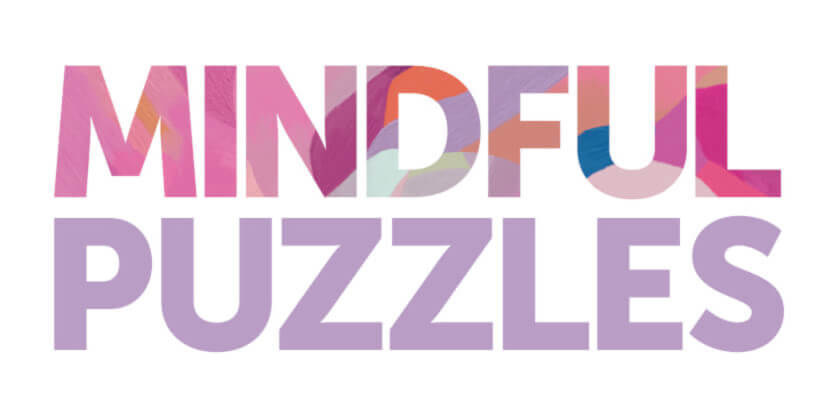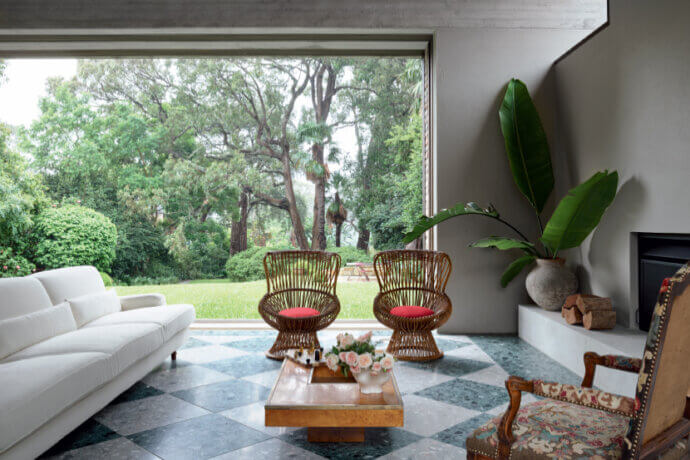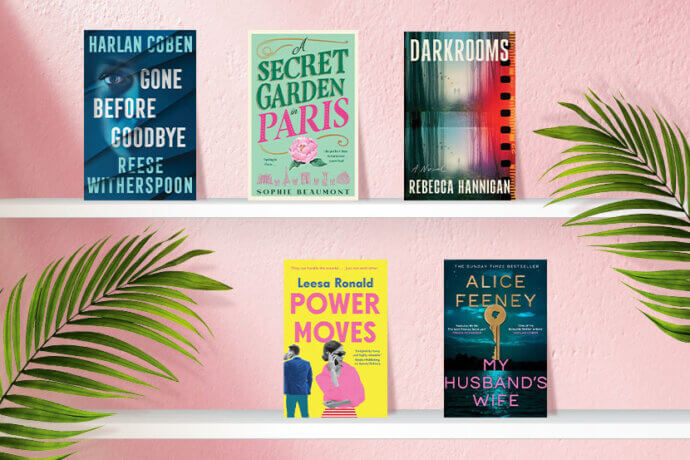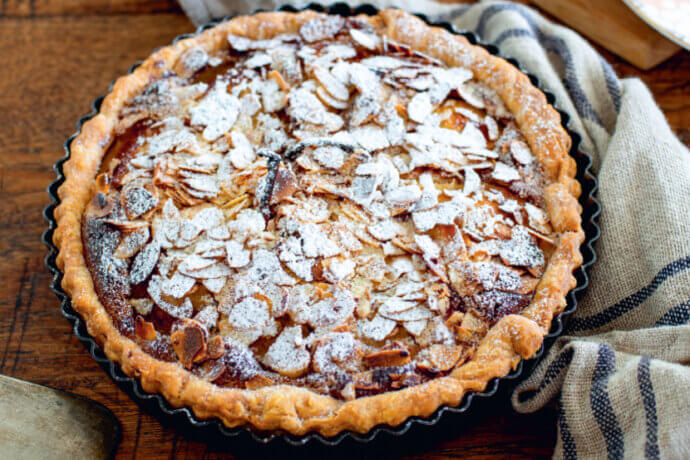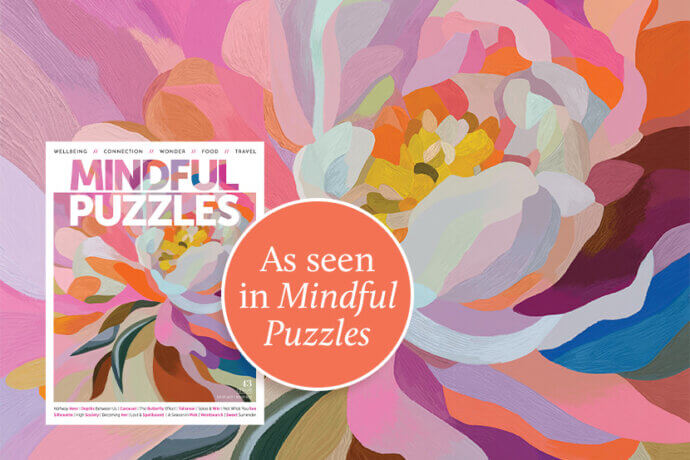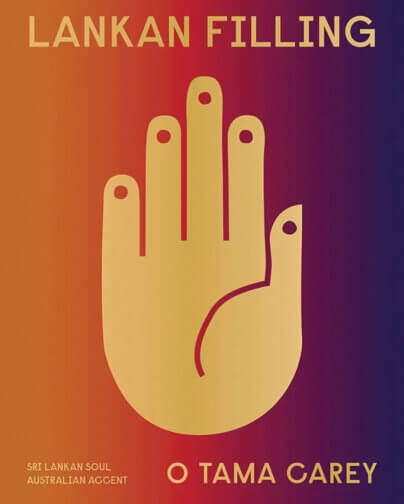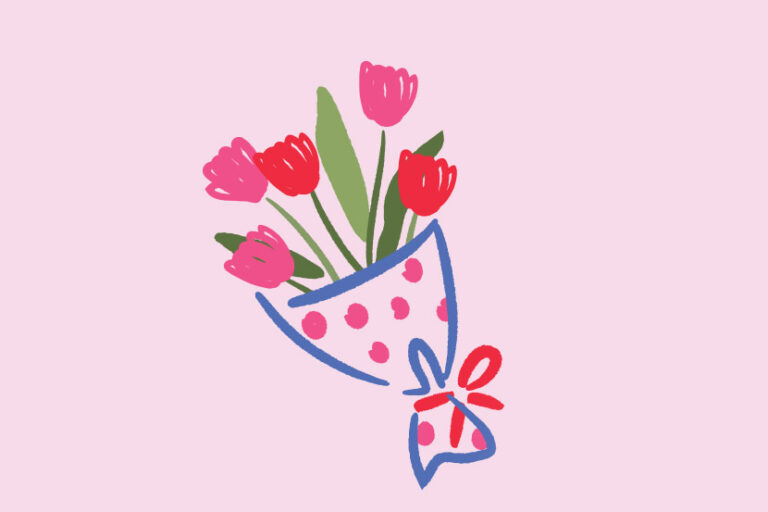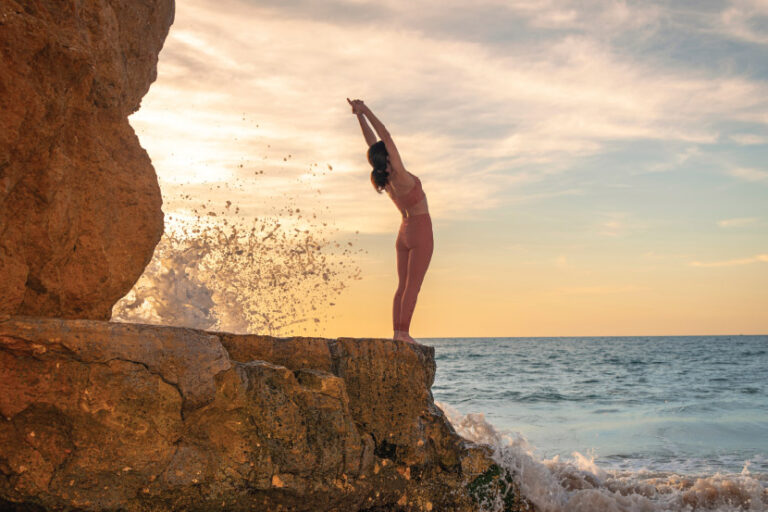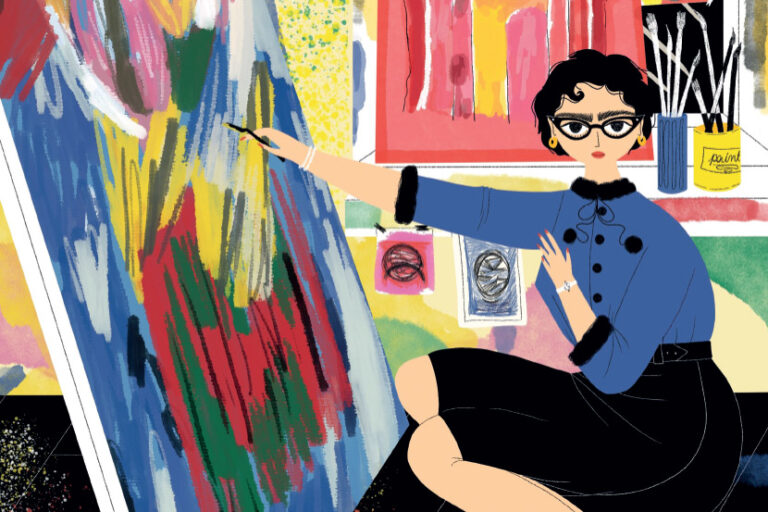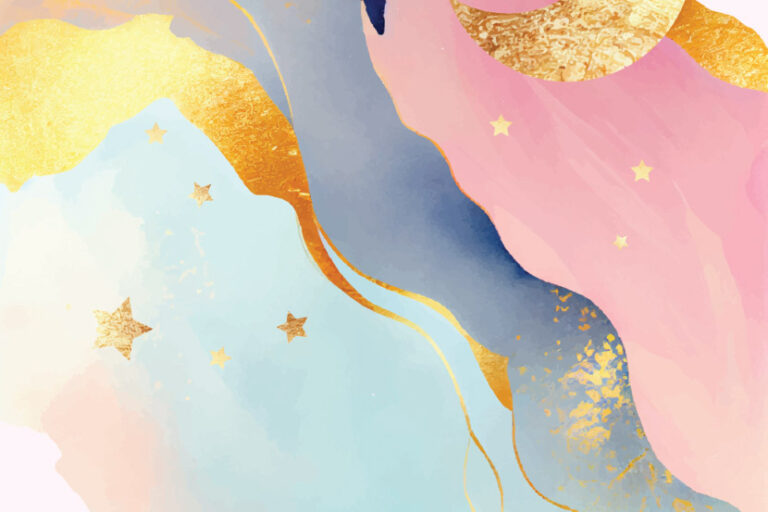
Set aside some time to nurture your most important relationship – the one you have with yourself.
My favourite Sunday morning activity is to have breakfast alone at a local ocean-side café. I’ve lost count of how many times a confused but well-meaning waiter has glanced over my shoulder and asked, “No one else? Just you?” To some, deliberately eating alone may seem lonely, sad, or perhaps a little odd. But solitude is my escape. It’s where I can be myself without judgement, recharge my batteries, and connect with activities I love without worrying about keeping anybody else happy.
The term ‘date night’ is often used to describe one-on-one time for couples to connect, but when was the last time you put a solo date night (or day) in your calendar? Scheduling alone time purely for relaxation or enjoyment is not needlessly self-indulgent; research suggests that regular solitude sessions can make us happier, less stressed, and more productive.
A study published in the Journal for the Theory of Social Behaviour titled Solitude: An Exploration of Benefits of Being Alone, defines solitude as “disengagement from the immediate demands of other people – a state of reduced social inhibition and increased freedom to select one’s mental or physical activities.” The research outlined in the article suggests that solitude by choice has numerous benefits for wellbeing, including boosting creativity, increased self-sufficiency, strengthening relationships, and the freedom to engage in enjoyable activities.
For those who actively seek it, alone time can be a welcome respite from the busy demands of life and an opportunity to reconnect with what we value. Lindy Freedman is a Sydney-based psychologist, specialising in mindfulness and self-compassion. Lindy says, “When you check in with yourself and have time by yourself it means you can plan what type of things you want to be doing, monitor how you’re doing, and adjust your goals. Unless we’ve had that quiet thinking time, we end up stuck in a process of having to ‘do’, achieve, and be productive, without really making sure that what we’re doing is helping us in the long-term, or helping us meet our goals or values in life.”
But we shouldn’t confuse ‘alone’ with ‘lonely’. Lindy explains, “The word alone, or lonely, doesn’t always have a positive connotation to it. It feels a little like avoidance. Rather than ‘I need to be alone’, perhaps reframe it as ‘I just need some time with me’, or ‘I need to re-energise to be the best person I can be.’” One woman who feels re-energised through solitude is Alex Kingsmill. Based in Melbourne, Alex is a business owner, wife, and mother to three children. Her moments of solitude include daily walks with her favourite podcasts, monthly escapes to the cinemas, and a couple of trips away by herself each year. Alex says, “For me, alone time is essential for my wellbeing. I am so much happier within myself when I’ve had time to recharge, to remind myself of what matters to me and how I want to be. I can feel when I haven’t had enough time to myself, I’ll just snap or won’t be the partner or mum that I want to be. When I’ve had a chance to get away for a bit, the little stuff doesn’t bug me as much, I’m more capable of dealing with what arises rather than just reacting to it.”
Alex also finds that time alone is when her best and most creative ideas flourish. She says, “That time alone gives me time for big picture thinking, making creative connections and coming up with ideas, but if I’m constantly around other people I don’t get that time to reflect. It’s like that saying – that the best ideas always come to you in the shower!”
Christie Arbuckle is a Melbourne-based clinical psychologist who has spent over 15 years working with clients to support mental health and wellbeing. Christie says, “We know that having alone time can be good for mental health, and for mind and body, to refresh, reset, and recharge those batteries. Alone time can also help spark creativity. When we’re in larger groups or distracted by different priorities in life, we often don’t have the opportunity to pursue our personal growth, learning, and hobbies in the same way. Regular alone time allows us time to do that.”
To make the most of your solo date, Christie suggests checking in with yourself, scheduling a regular time slot, and removing distractions. Christie says, “Ask yourself what you need; it will be different for everyone and could even be different for the same person on different days. Sometimes you might need hours of ‘me time’, sometimes it might be just moments to have a coffee or muffin to yourself.
“Make a time in your calendar, lock it in and stick to it. View this as an investment in yourself, even if it’s just 10 minutes, regularly. Ask yourself what might distract you from your alone time, do you need to pop your phone in another room, switch off the TV, or get out of the house for a walk? Do something that you value, think about what you need to nourish yourself.”
Your idea of a perfect solitude session might be something calming like meditation, gardening, or getting lost in a good book, or it could be an active task like cleaning the kitchen or decluttering your closet. Use the time in a way that is going to make you feel energised and fulfilled. Because whether you’re usually a social butterfly or not, finding little moments of solitude could be the key to reducing stress, unleashing your creativity, and reconnecting with what you truly value.
So why not schedule a date night that doesn’t involve swiping right, arguing over the restaurant choice, or wishing you’d stayed in and watched Netflix instead. Take a solo trip away, go to the movies sans plus-one, or take a quiet bubble bath; enjoy a few moments of solitude. No one else. Just you.
